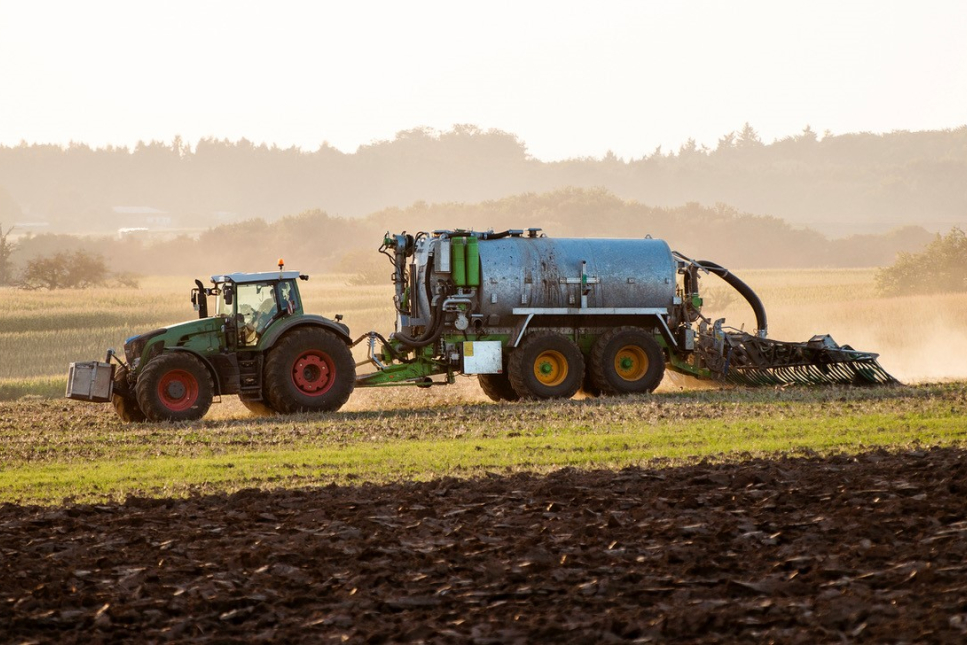The ammonia dossier
Downloads

Ammonia is bad for the environment. How can the Netherlands reduce its emission of ammonia in the agricultural sector? Opinions on this issue are divided. A solution seems unlikely to be found in the near future. In 'The Ammonia Dossier' the Rathenau Instituut gives recommendations to help restart the debate.
As a follow-up to the Ammonia Dossier, and by order of the ministry of Agriculture, Nature, and Food Quality, the Rathenau Institute will organize several meetings with civic organisations, groups involved, and policy makers. The objective of these meetings is to fuel the debate concerning ammonia emission.
Authors
In the Netherlands, a discussion has been going on for years about policies to reduce ammonia emission from the agricultural sector. This discussion has evolved into a persistent controversy, which focuses more and more on the scientific foundation for the ammonia reducing measures. While 'critical' scientists and a few groups in the field have expressed doubts about the effectiveness of the prescribed, and also costly, measures, researchers from the WUR, PBL, and RIVM are convinced of their effectiveness.
To breach this deadlock, the ministry of Economics intends to start a dialogue with the involved groups, in order to restore trust in the scientific basis for the ammonia policy. The Rathenau Institute has been requested by the ministry to look into the possibilities of starting a dialogue with the groups involved, and to counsel the ministry on how to shape this dialogue. In order to do this, the Rathenau Institute has conducted interviews with experts on the subject and has consulted the relevant literature. This report outlines our most important findings.
The interviews and literature show that we are dealing with a very complex dossier. One reason for this is that the groups involves have widely differing ideas on the relevant facts. Another reason is the cocktail of various opposed values and interests that plays a significant role in this controversy. Furthermore, there is the matter of distrust in the opposite side of the debate. Not surprisingly, there is no simple solution to the issue. Yet another explanation of the scientific basis will not suffice to solve this controversy.
Our estimation is that organising a one-time meeting will not suffice either. The controversy has gone on for too long. Therefore, our advice to the ministry is to start a long-term process of dialogue that involves several meetings. This will create the space that is needed for a better understanding of each other's viewpoints and to tackle dodgy subjects. Only then will the opposing sides learn to trust each other once more. We advise the ministry to start by organising a meeting in which the participants themselves get the opportunity to shape the next steps of the process.
Our findings are in line with earlier insights into evidence based policy. These findings state that repairing a 'broken' relationship is only possible if both sides are prepared to start a dialogue and are open to the viewpoints of the opposing side.
Preferably cite as:
Vriend, H. de & G. Munnichs, Het ammoniakdossier: op weg naar herstel van een geschonden relatie. Den Haag, Rathenau Instituut 2017
(FAQ available in Dutch only)
.